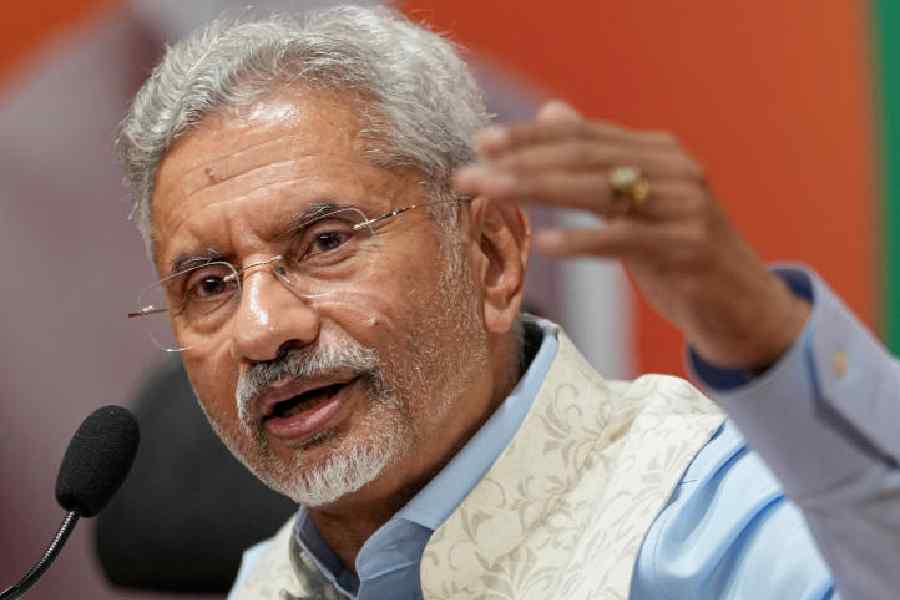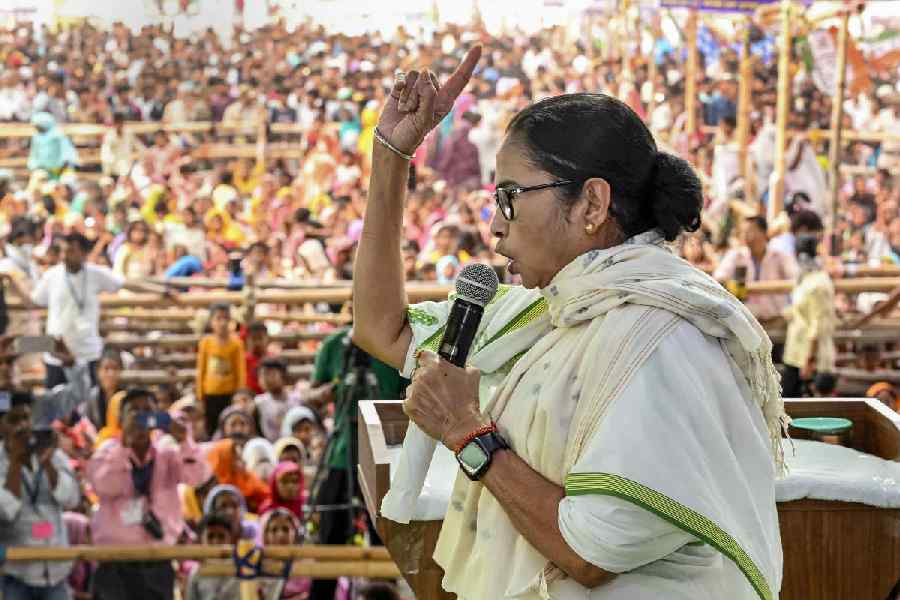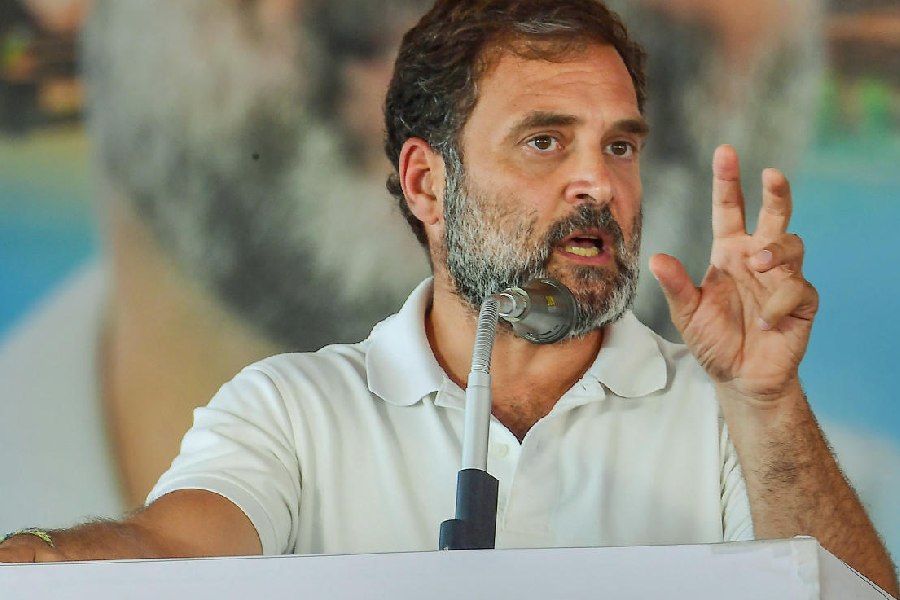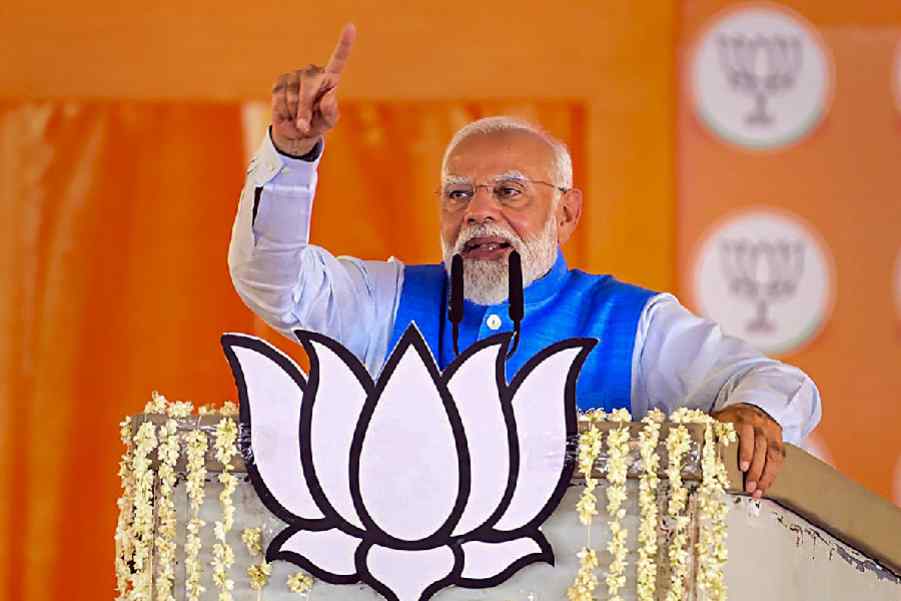The decision by the prime minister, Narendra Modi, and the external affairs minister, S. Jaishankar, to rake up a 50-year-old agreement with Sri Lanka over the Katchatheevu island on the eve of the Lok Sabha election is disingenuous, even dangerous, for India. Politicians in Tamil Nadu have for long pandered to emotions tied to territorialism to claim the island, which New Delhi and Colombo agreed, in 1974 and in 1976, fell within Sri Lanka’s maritime boundary. But successive Indian governments, including that of Mr Modi, have repeatedly emphasised that New Delhi's acknowledgement of Katchatheevu as Sri Lankan territory was not at the cost of Indian interests. In 2015, when Mr Jaishankar was foreign secretary, the ministry of external affairs in a Right to Information Act reply rejected suggestions that India under the then prime minister, Indira Gandhi, of the Congress had ceded Katchatheevu to Sri Lanka. For Mr Modi and Mr Jaishankar to attempt an about-turn on India’s long-standing position days before Tamil Nadu votes in the general election bares their weakness for political opportunism. Perhaps there is more to this tale. Stoking the Katchatheevu controversy could help deflect public attention from the refusal of Mr Modi and his government to even recognise the significant encroachment on Indian territory by Chinese troops in Ladakh over the past four years despite substantial evidence pointing to the loss of territory under the prime minister’s watch.
Mr Modi’s new position on Katchatheevu also risks India's credibility as a trusted partner in its neighbourhood. Agreements between sovereign governments that are delivered through diplomacy, not war or coercion, are not partisan or personal commitments: countries expect others to honour them irrespective of who is in power. If Mr Modi and Mr Jaishankar today start questioning the Katchatheevu agreement with Sri Lanka, Colombo and other capitals of bordering nations could well wonder which other bilateral pacts might next become subject to historical revisionism.
In 2014, Mr Modi’s government decided to accept a United Nations tribunal's verdict giving Bangladesh the giant chunk of maritime territory previously disputed between New Delhi and Dhaka. Should Dhaka worry, for instance, that a future Indian government might challenge that decision to score political points against Mr Modi and his Bharatiya Janata Party? At a time when laws like the Citizenship (Amendment) Act and nationalist jingoism have already complicated New Delhi’s diplomatic ties with other neighbours, the Katchatheevu claims threaten to inject tensions into the ties with Sri Lanka too. A stable, calm South Asia is in India's interests. Chasing windmills over an Indian Ocean island is not in New Delhi’s interests.










